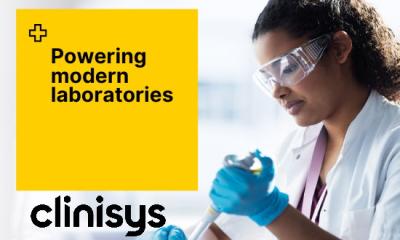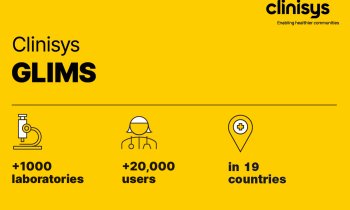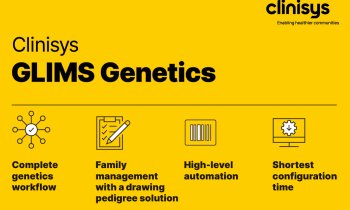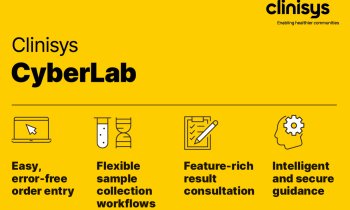Sponsored • Diagnostic informatics
Innovative solutions for constantly changing laboratory requirements
Today, a large part of all further medical treatments is based on the results of laboratory analyses. The demand for complex test procedures remains high. In view of cost pressure, scarce resources and a shortage of skilled workers, the challenges for laboratories are growing.
The Covid-19 crisis pinpointed these challenges: At the beginning of the pandemic, laboratory managers had to provide solutions for higher test volume and complexity in a very short time. Only by hooking up numerous additional laboratory machines were they able to push the diagnostic process forward at full speed. With the advent of a new type of analytics - corona diagnostics - the machines used for this had to be integrated into existing workflows very quickly and efficiently.
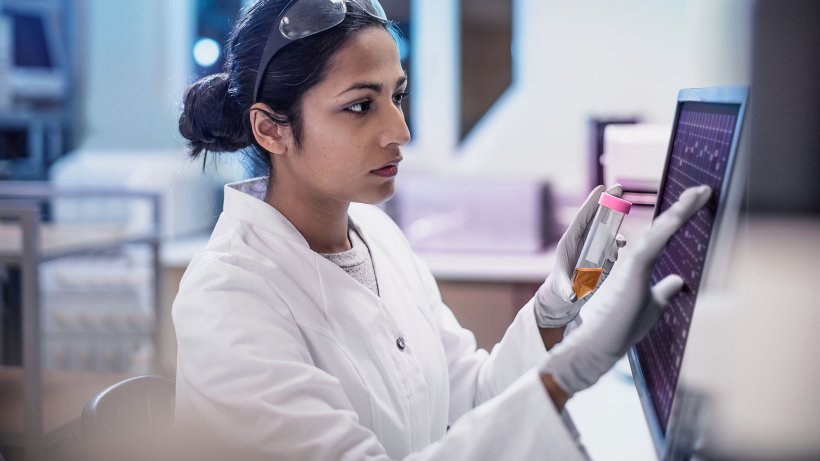
Photo: Clinisys
Workflow optimisation through automation
In the field of classical laboratory diagnostics, automation and investments in a growing range of machines have thus been able to meet unexpected requirements and sometimes even contribute to value creation. Automation processes increase the economic efficiency of laboratories, are resource-efficient, and contribute to higher patient safety by reducing errors. This is made possible through the use of intelligent diagnostic solutions: for example, our laboratory information system Clinisys vianova Labor can generate savings for the laboratory through high efficiency, rapid transmission of results and standardised workflows.

Photo: Clinisys
Imminent shortage of skilled workers
Automation in laboratory diagnostics also contributes to the reduction of routine tasks and workloads for laboratory personnel. The shortage of skilled workers, to be seen in many industries, has also reached laboratory medicine. The demand for family-friendly working schemes and part-time employment as well as the gradual disappearance of the baby boomer generation pose major challenges. Investments are necessary in this area as well: in attractive perspectives and incentives for apprenticeships in the laboratory and IT environment, in the targeted acquisition of young laboratory physicians and, last but not least, in the training and further education of specialists. Clinisys' extensive range of training courses offers countless possibilities, from training for new employees and further education for experienced professionals to organisational and solution workshops for the entire laboratory.
Increase laboratory efficiency through digitalisation
Shortages of skilled workers and cost pressure are fuelling the discussion about potential savings. With digitalisation measures, it is possible to optimise clinical and laboratory processes. However, it is often necessary to check these processes beforehand and ensure smooth interaction between medicine and IT: this is where Clinisys Customer Service, with its know-how and many years of experience, can accompany and support every laboratory.
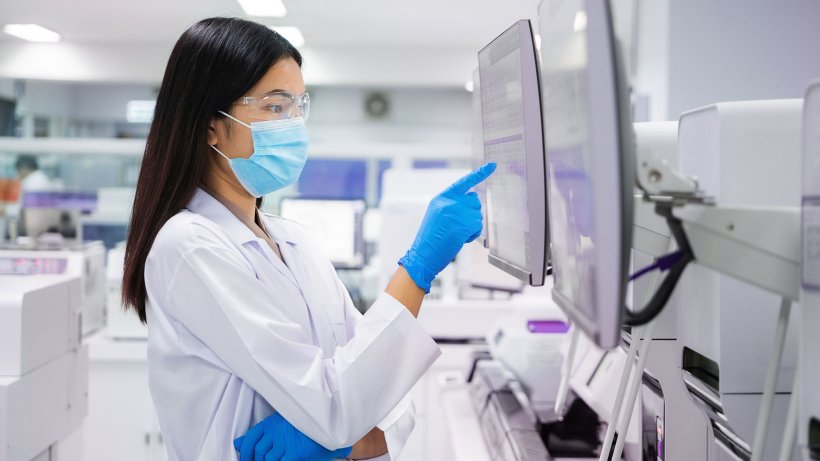
Photo: Clinisys
New and profitable areas
Investing in laboratory infrastructure is one approach - the use of innovative LIS also contributes to increasing efficiency and profitability. For example, fast and precise exchange of information and data is important in the communication with senders. Here, Clinisys CyberLab, a web-based communication platform for order entry and result retrieval, enables smooth communication between healthcare providers and laboratories. Whatever the nature of the work processes and structures in the laboratory or the respective laboratory disciplines that need to be automated, Clinisys solutions provide efficient support in the areas of clinical chemistry, microbiology, pathology, molecular genetics and order management. Given the rapid advancements, e.g. in human genetics and molecular diagnostics, traditional LIS are less and less able to support the current requirements. New software solutions such as Clinisys GLIMS Genetics are increasingly gaining ground on the market.
Future-proof solutions from a single source
Clinisys is a global provider of diagnostic informatics solutions that support the modern healthcare, life sciences and public health laboratory. With Clinisys GLIMS, by far the most widely used laboratory information system in Europe, for example, all processes can be set up and automated as required, from order entry and device control to results processing. Clinisys solutions support all laboratory disciplines.
Further information: Clinisys
15.06.2023



